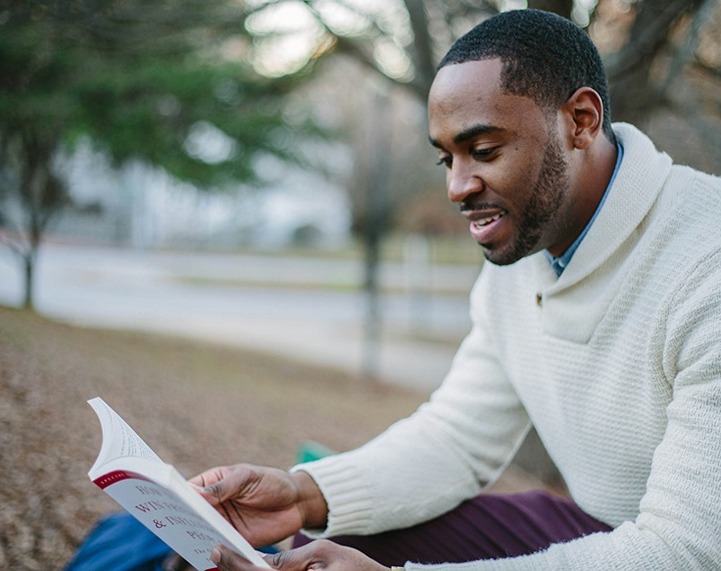Navigating Friendship Breakups: A Guide to Healing and Growth
Friendship is a beautiful bond that brings joy, laughter, and support into our lives. We rely on our friends to be there for us through thick and thin, sharing our deepest secrets and creating cherished memories. However, just as romantic relationships can come to an end, so can friendships. Dealing with a friendship breakup can be an emotionally challenging experience, but with the right mindset and strategies, it can also be an opportunity for personal growth and self-discovery. In this blog, we will explore effective ways to manage a friendship breakup and emerge stronger on the other side.

Friendship is a beautiful bond that brings joy, laughter, and support into our lives. We rely on our friends to be there for us through thick and thin, sharing our deepest secrets and creating cherished memories. However, just as romantic relationships can come to an end, so can friendships. Dealing with a friendship breakup can be an emotionally challenging experience, but with the right mindset and strategies, it can also be an opportunity for personal growth and self-discovery. Let's explore some effective ways to manage a friendship breakup and emerge stronger on the other side.
1. Allow Yourself to Grieve
Just like any significant loss, the end of a friendship deserves time for grieving. Give yourself permission to feel the emotions that arise—sadness, anger, confusion, or even relief. It's essential to acknowledge these feelings and understand that they are valid. Don't suppress your emotions; instead, find healthy outlets to express them, such as journaling, talking to a trusted friend or therapist, or engaging in your preferred physical activities.
2. Reflect on the Relationship
After the initial shock and pain of the breakup subside, take some time to reflect on the friendship. Assess both the positive and negative aspects. Consider what led to the breakup and whether there were warning signs you may have missed. Reflecting on the dynamics of the friendship can provide valuable insights for future relationships and help you grow as an individual.
3. Practice Self-Care
During challenging times, it's crucial to prioritize self-care. Nurture your emotional well-being by engaging in activities that bring you joy and peace. Whether it's reading a book, taking long walks in nature, practicing meditation, or pampering yourself with a spa day, focus on activities that replenish your energy and uplift your spirit. Focus on your goal of healing and regaining emotional balance, and engage in what aligns with exactly that.
4. Seek Support
Don't hesitate to lean on your support network. Reach out to friends, family, or mentors who can provide a listening ear and offer guidance. Share your feelings and experiences, and allow others to support you during this time. Additionally, consider seeking professional help if you find it challenging to cope with the emotional aftermath of the friendship breakup.
5. Letting Go and Moving On
One of the hardest parts of a friendship breakup is letting go. Accept that the friendship has come to an end and understand that holding onto resentment or longing will only prolong your healing process. Focus on forgiving both yourself and your former friend for any hurts or mistakes that were made. Allow yourself the space to grow, learn, and move forward without being weighed down by the past.
6. Embrace New Opportunities
While it may feel daunting at first, a friendship breakup can open doors to new opportunities and relationships. Use this period to explore your own interests and passions, try new hobbies, meet new people, or lean into people you already know. Join clubs or organizations that align with your interests, attend social events, or take classes. Embracing these new experiences can help you broaden your horizons and create new connections.
7. Rebuilding Trust and Future Friendships
Although a friendship breakup can leave you feeling hesitant to trust others, it's essential not to let the pain from one relationship tarnish your outlook on future friendships. Understand that not all friendships will end in heartache, and that each experience is a unique journey. When you feel ready, take small steps to open yourself up to new connections, slowly rebuilding your trust and fostering new meaningful friendships.
Managing a friendship breakup is undoubtedly challenging, but it's also an opportunity for self-reflection, growth, and the creation of healthier relationships. By allowing yourself to grieve, reflecting on the friendship, practicing self-care, seeking support, letting go, embracing new opportunities, and rebuilding trust, you can emerge from this experience stronger and more resilient. Remember, a friendship breakup is not the end; it's simply a new chapter in your personal journey towards a more fulfilling and authentic life.





